Age-Gap Relationships: Key Insights For Lasting Bonds
Age won't be a problem if you focus on your relationship and truly care about each other.

Image: Shutterstock
Age gaps in relationships are often welcomed with a frown, especially if there is a gap of more than 10 years. Most of us prefer a partner closer to our age or someone 5-10 years elder or younger.
Across the world, different cultures have different rules. Even the acceptable age difference varies across cultures, and most of them encourage relationships between people who belong to a similar age group. An age gap between the partners is more prevalent in Eastern countries. Does age become an issue when it comes to marriage? Is it better to marry someone of the same age? Will a bigger age gap, especially if you are in an inter-generational relationship, affect it in the long run?
Usually people do not prefer an older partner and younger partner relationship in a romantic context. Most people prefer a partner of similar age as they think it helps them understand each other easily. Because when the partners are of a similar age group, their likes and social circles may differ significantly. Their life goals, values, beliefs, opinions, and political views may also match each other. But, at the same time, some people are attracted to the maturity of older people. Let us find out why large age gaps do not matter to them and more.
In This Article
Why Doesn’t Age Matter To Some?
People believe that the root of age-gap couples is based on evolutionary advantage. From this perspective, it is assumed that men’s preferences for much younger women and women’s attraction towards older men are related to reproductive fitness. They are seen as a “good investment” as older men are more “settled” and younger women are more likely to produce healthy offspring. However, can love really be that clinical?
Although both men and women place importance on qualities like kindness and trustworthiness when it comes to seeking partners, women evolutionarily have placed more importance on the resources and status of their partner. This is mostly because women are the child-bearers, and they need to invest a lot of themselves in the relationship. They need someone who can support them and the children. So, they want to seek out a partner who would invest his resources into the family. Similarly, men would like to have healthy children and, biologically, younger women have a better chance of having children without complications.
It is more likely in couples with a large age gap that the woman is younger. Very rarely do we see women in a relationship with a much younger guy. This could be because the building of wealth and resources takes time, and we tend to achieve those things later in life. That is why we are probably older by the time we acquire enough to provide for our partners. So, it could be a plausible theory that a woman would automatically be attracted to an older man.
Similarly, men are wired to value vitality and attractiveness more than women do. This is because, from an evolutionary point, youth is considered to be an indicator of fertility. As men cannot bear babies, they are attuned to younger fertile women to enhance their chances of partnering with a woman who can give them healthy children.
However, the evolutionary explanation is faulty as it can’t explain why the reverse occurs as well or why some same-gender couples have large age gaps. To explain this, we need to look into socio-cultural explanations.
As more and more women are getting independent and working in higher positions, they are getting paid more. This means they are no longer dependent on men for wealth and resources. So, it is not required for these women to prioritize resources when looking for a partner. As for same-gender couples, there’s still very little research available. Some state that a lack of, or a reduced number of suitable partners that are similar in age may bring about couples with big age differences in relationships.
 Fun Fact
Fun FactDo Age-Gap Relationships Work?
It’s a common assumption that age-gap couples do poorly when it comes to having a happy relationship. However, studies have found that age-gap couples report higher relationship satisfaction. They also report greater commitment and trust and lesser jealousy issues than similar-aged couples. More than three-quarters of partners where younger women were in a relationship with older men reported happy and satisfying intimate relationships.
One factor that seems to impact the relationship outcomes of large age-gap couples is their fear of social disapproval. That is, if those in age-gap relationships believe that their family members, friends, loved ones, or society disapprove of their relationship, then their commitment towards their union decreases and the chance of break-up increases. These outcomes seem to apply to both heterosexual and same-gender couples. So, the possibility of negative outcomes for such couples resides not in issues within the partners but in judgments and peer pressures from outside the union.
Another factor that may be at play here has to do with the stage of life each partner is at. For example, a twelve-year gap between a 20-year-old and a 32-year-old may cause different issues and challenges than for a twelve-year gap where one of the partners is 55 and the other is 67. This is because we live our lives in different stages, and each stage comprises certain tasks we need to complete. We tend to give priority to these tasks during these different stages of our lives. So, when our partner is in a different life stage, it may be intensely difficult to find common ground and work towards each other’s different goals and needs.
 Quick Tip
Quick TipDoes Age Matter?
The secret of a happy relationship is having common ground. Your relationship’s success depends on the extent to which couples share similar beliefs, values, and goals about the relationship. Both need to support the other in achieving their personal goals, show commitment, build intimacy and trust, and resolve their issues in constructive ways. But, fulfilling these needs depend on their personalities – it has got nothing to do with age.
Ruth, a mother of two, opens up about her experiences marrying an older man in her blogs. She writes, “Unlikely as it seems, there are advantages to a relationship with a large age difference too. Knowing that we will never celebrate our fiftieth wedding anniversary means that we don’t have time to waste. We make the most of every single day, and refuse to get caught up in the petty arguments that consume many couples (i).”
So, the truth is, while an age gap between two partners may bring about certain challenges for them, as long as they work at their relationship and love each other, their age will not pose a barrier.
In fact, age-gap relationships might have more advantages than one might assume. Scroll down to see some of them.
Benefits Of Age-Gap Relationships
A significant age gap in a romantic relationship may offer an array of benefits. Let us take a look at them below:
Partners bring different perspectives, knowledge, and experiences unique to their generation to the relationship. This fosters personal growth, self-awareness, and deeper understanding between lovers.
Emotional maturity and life experiences of older partners allow them to manage challenges and arguments more calmly compared to those in same-age relationships. This, on the other hand, is complemented by the youthful energy and fresh ideas of the younger partner to create the right balance necessary for a dynamic relationship. Exposure to new interests and hobbies prevents the relationship from turning boring.
Infographic: A Guide To Age-Gap Relationships
Big age differences in relationships are often frowned upon and can be tricky to navigate. While age is just a number for some, it can spark controversies for others. However, age-gap relationships are not uncommon. Check out the infographic below to learn about these relationships, the factors that affect them, and more.
Some thing wrong with infographic shortcode. please verify shortcode syntax
Though relationships, where the partners have a wide age gap are uncommon, it does not mean that such bonds are bound to fail. On the contrary, many individuals do not give much value to the age of their partners if they have great chemistry and enjoy each other’s company. It is assumed that couples with an age gap struggle with compatibility and communication. They also face issues with intimacy, and understanding each other’s perspectives. However, various studies show that the opposite is, in fact, true. So, if you have a good time with someone and like them a lot, you should put concerns about their age on the backburner and chuck away the stereotypes and stigmas. Embrace everything with emotional maturity, be it family reactions or social dynamics and expectations from the individuals. You need to embrace the life stages and goals and handle age gap challenges with experience and wisdom. Just make sure there’s always respect and understanding in the relationship and you can enjoy the benefits of the age gap in relationships.
Frequently Asked Questions
How much of an age gap is OK?
It depends on you. Age is just a number if you and your partner are fine with the gap. However, an age gap of 5-7 years is socially acceptable.
Do relationships move faster when you are older?
As you age, you go through relationships that give you experience and wisdom. Older people know what they are looking for and don’t waste time with people who don’t meet their needs. This is why relationships may seem to move faster as you grow older.
Can you still fall in love after 40?
Yes, it’s never too late to fall in love, even if you are 40 or older. Look at J.Lo, George Clooney, Ben Affleck, and many other celebs.
Key Takeaways
- Older men seek younger women because they can give birth to biologically healthy children without complications than women of the same age or older.
- While it is a common assumption that couples with a large age gap won’t work, it is mostly observed that there is a higher level of commitment and trust between the partners.
- If both the partners are on the same page when it comes to their goals and values, and show commitment to one another, then age may not be a problem.
Illustration: Age Gap In Relationships: A Complete Guide For Everyone
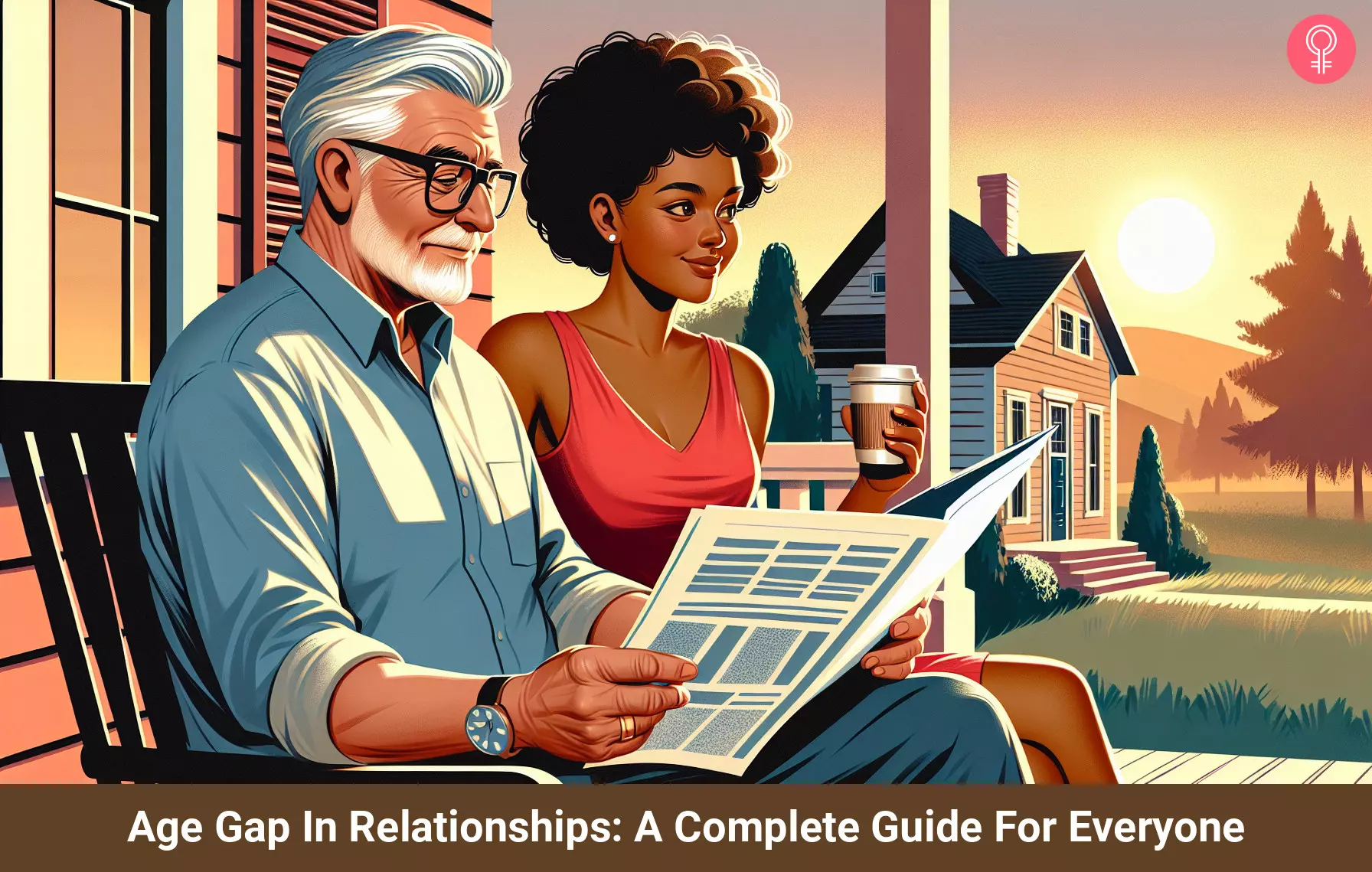
Image: Dall·E/StyleCraze Design Team
Are you faced with considering the pros and cons of an age-gap relationship? You need to check out this video to understand what such a relationship can be like and what to keep in mind.
Personal Experience: Source
StyleCraze's articles are interwoven with authentic personal narratives that provide depth and resonance to our content. Below are the sources of the personal accounts referenced in this article.
i. The reality of an age gap relationship: life with my husband who is 35 years olderhttps://dorkymum.com/2011/05/21/life-with-my-husband-who-is-35-years-older/
References
Articles on StyleCraze are backed by verified information from peer-reviewed and academic research papers, reputed organizations, research institutions, and medical associations to ensure accuracy and relevance. Read our editorial policy to learn more.
- For Better or WorseTill Death Us Do Part« – Spousal Age Gap and Differential Longevity: Evidence from Historical Demography
https://hrcak.srce.hr/file/44065
Read full bio of Ellen J.W. Gigliotti
Read full bio of Sneha Tete
Read full bio of Shatabdi Bhattacharya
Read full bio of Gracia Odile



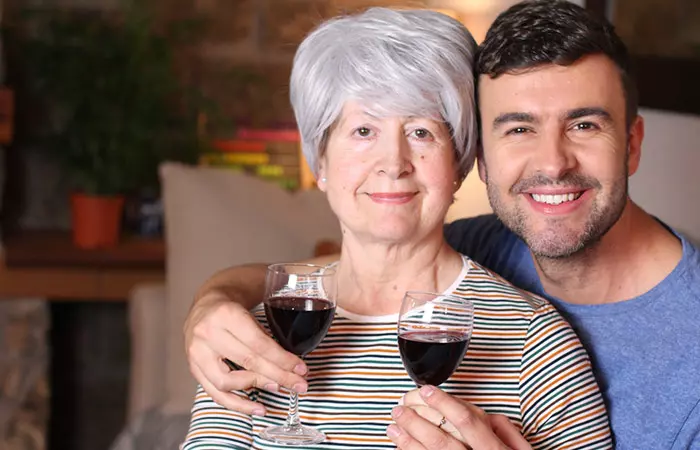
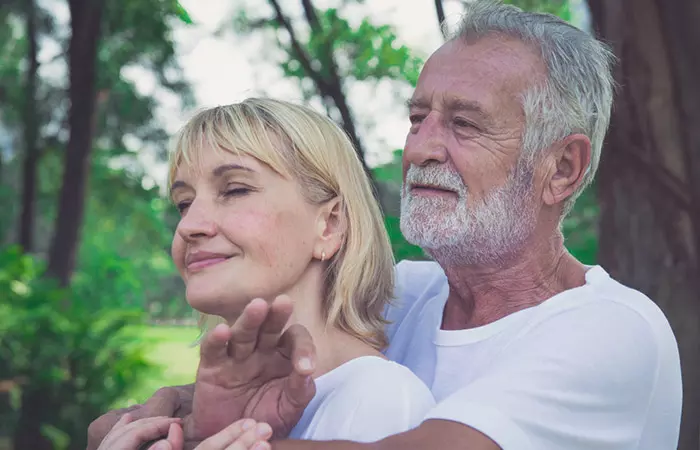











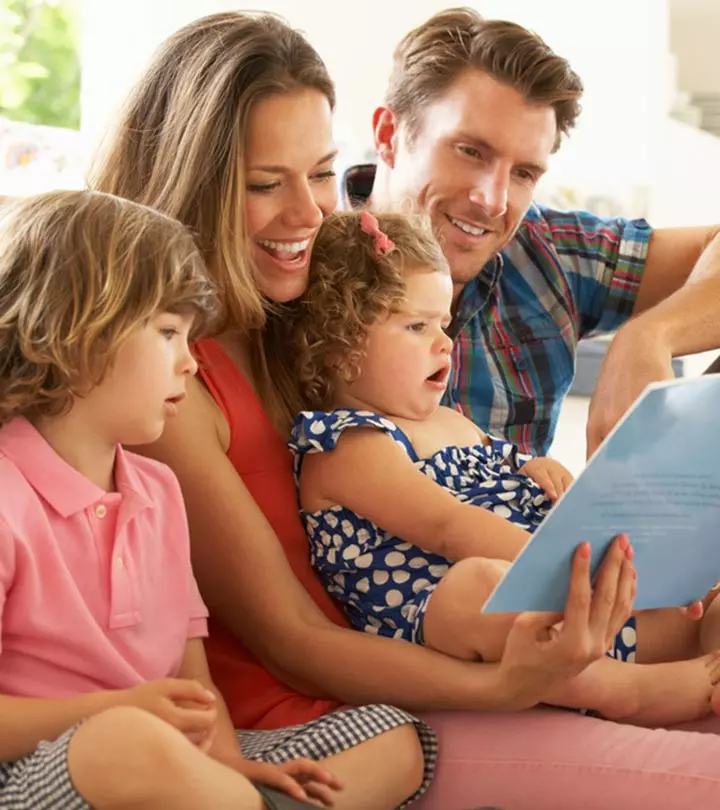

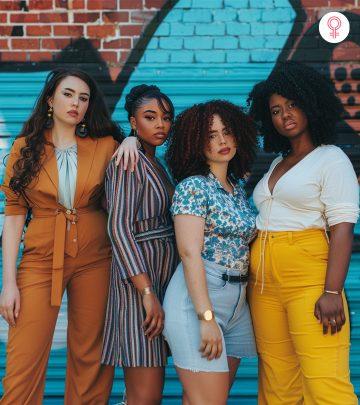
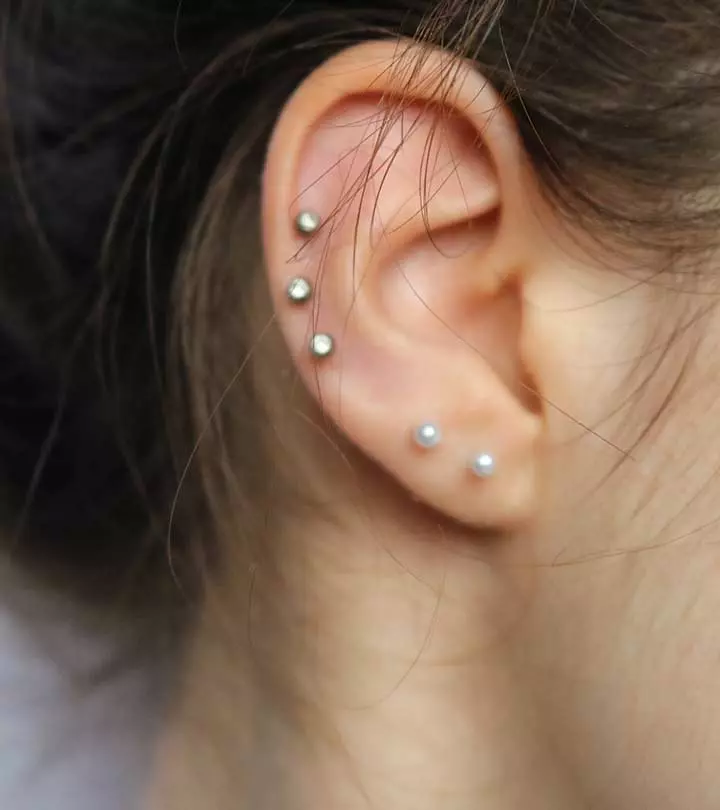

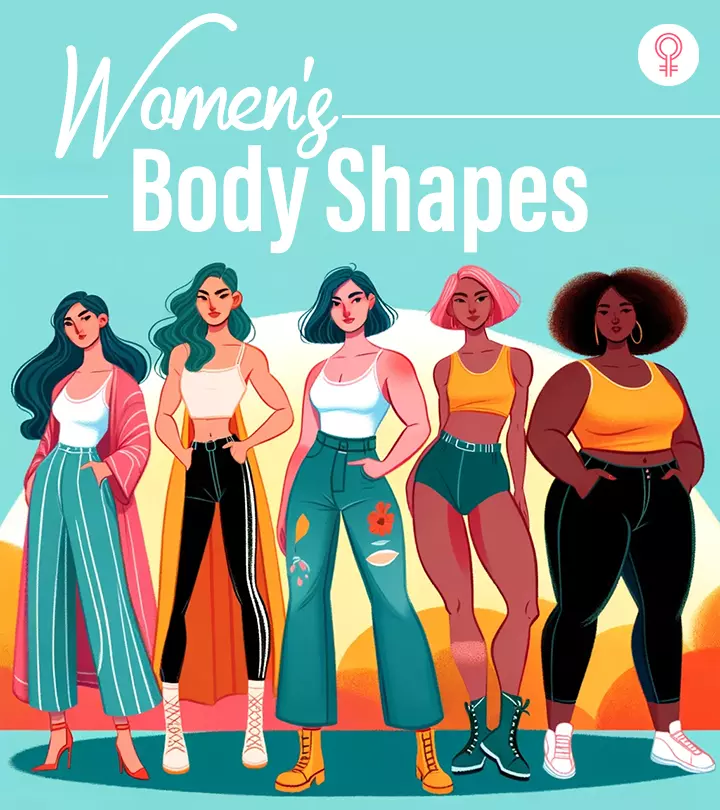
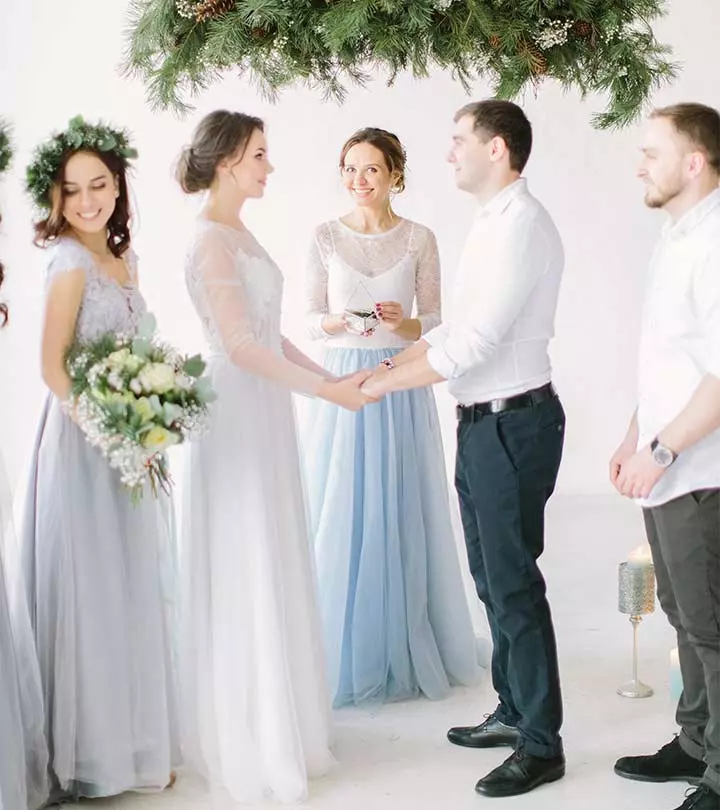
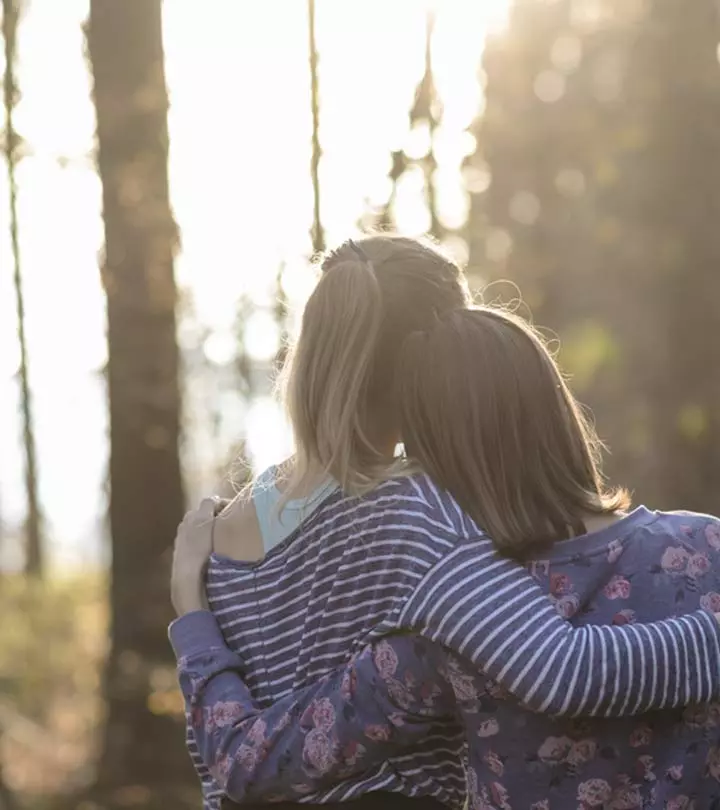








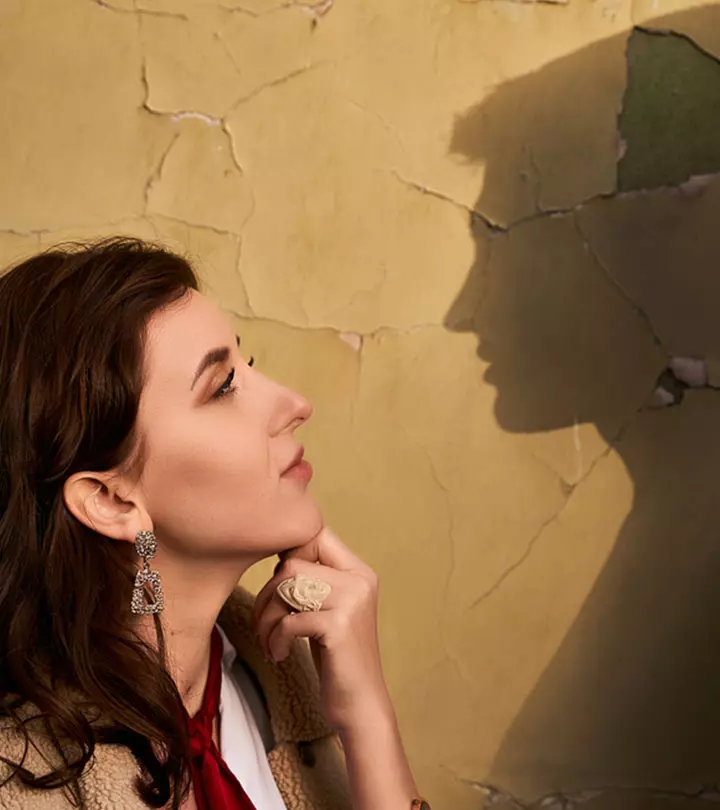

Community Experiences
Join the conversation and become a part of our empowering community! Share your stories, experiences, and insights to connect with other beauty, lifestyle, and health enthusiasts.